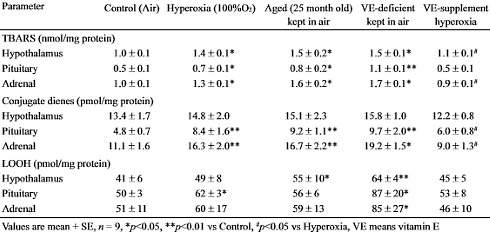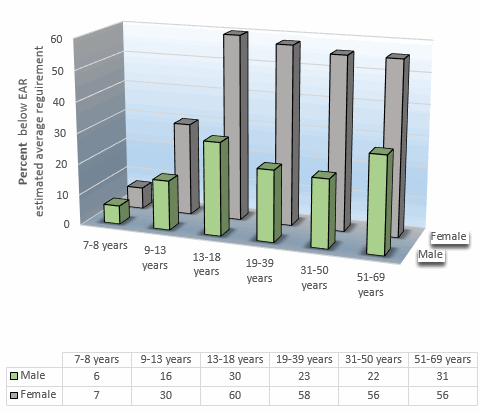|
Too much cortisol in your body? Vitamin E may help
When you're subjected to physical and psychological stress your body produces extra cortisol, which does more harm than good. We're telling you nothing new here. According to a Japanese animal study, published in the Journal of Clinical Biochemistry, and figures from the Dutch National Institute for Public Health and the Environment (RIVM), there's a way to reduce your cortisol level. Simply by upping your intake of vitamin E.
Study
The Japanese did experiments with rats. Some of the rats were young; others were of an advanced age. Some rats were given food containing very little vitamin E, and some rats were put in a cage where the air was made up entirely of oxygen. Advanced age, a vitamin-E shortage and an oxygen-rich atmosphere are three factors that boost the activity of free radicals: aggressive molecules that cause damage to cells. In this post we consider the effect of a vitamin-E shortage.
Results
In the young rats that were subjected to a vitamin-E [D] deficiency, after a few weeks their hypothalamus started to produce more CRH, the pituitary more ACT and the adrenals more cortisol than those of the young rats that were given a normal and balanced diet [A].



Mechanism
A shortage of vitamin E increased the concentration of TBARS and other markers of free radical activity in the hypothalamus, pituitary and adrenals of the rats. Apparently the activity of oxidants boosts the production of cortisol.

Relevant for humans
The Japanese animal study is relevant for humans, and particularly for women. According to figures gathered by RIVM on food intake, about 50-60 percent of Dutch women and 20-30 percent of Dutch men consume less vitamin E than the amount they need.

Adults need about 10 mg vitamin E daily. This amount is found in a generous handful of almonds. One avocado or a portion of cooked spinach contains 4 mg vitamin E. A kiwi contains 1 mg vitamin E.
Conclusion
"These findings obtained in this study suggest that oxidative stress [...] induces oxidative damage in the hippocampus, [...] resulting in the hyper secretion of corticosteroid," the Japanese wrote. "It is also clear that vitamin E prevents these phenomena through its antioxidant properties."
Source:
J Clin Biochem Nutr. 2009 Sep;45(2):207-13.
More:
Pomegranate reduces cortisol by a third 10.01.2017
Stress? Walnuts and chia keep cortisol levels low 16.12.2016
One capsule of fish oil daily lowers cortisol levels 08.11.2016
Archives:
Blocking Cortisol
Vitamin E
Vitamins
|









